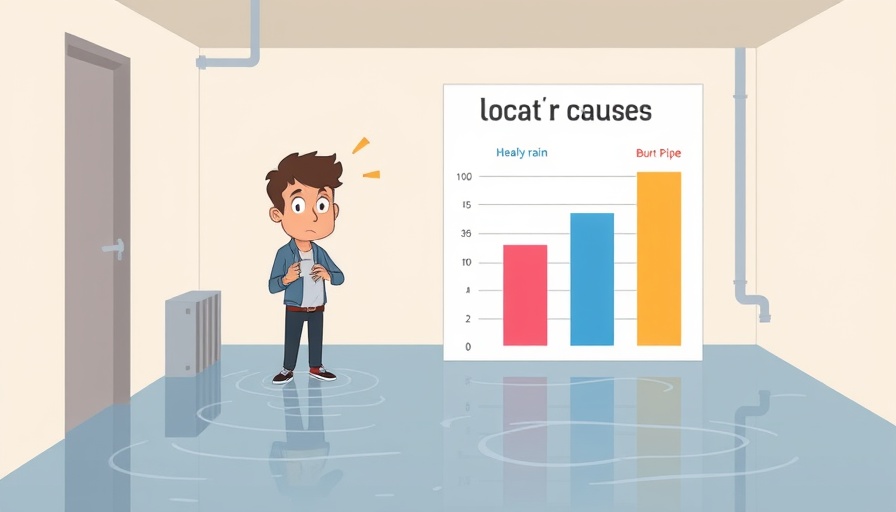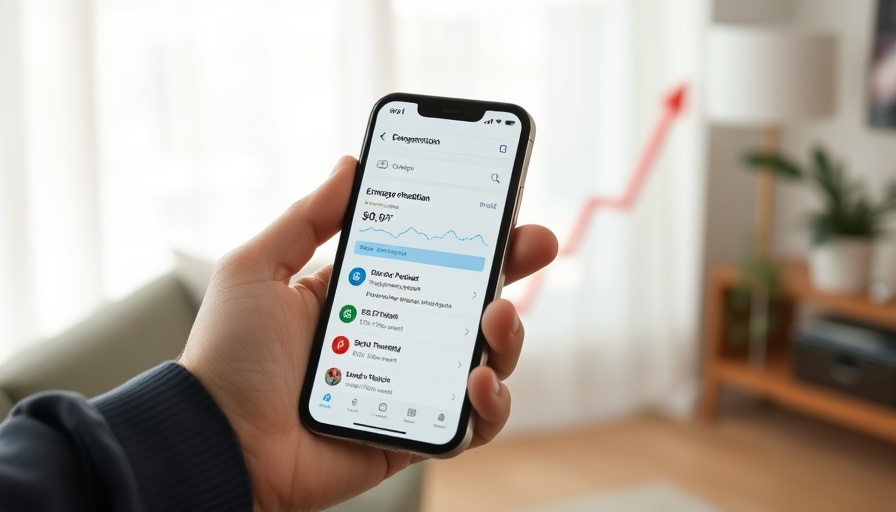
Unlocking Local SEO: The Power of Schema in Your Digital Strategy
In an increasingly crowded digital landscape, local businesses have to leverage every tool at their disposal to stand strong against competitors. One such tool, often overlooked, is schema markup—a specific type of structured data. With schema, local businesses can effectively communicate their offerings to search engines, improving visibility and driving customer engagement.
Understanding Schema: Why It Matters
Schema is not just another technical jargon; it’s a vital element in the world of local SEO. By embedding schema markup into your website, you guide search engines in understanding the content and context of your pages. This enhanced understanding can lead to richer search results, known as rich snippets, which include review stars, event dates, and operational hours—all vital information for potential customers.
How Structured Data Influences Local Search
When used properly, structured data acts as an invisible yet crucial translator between your website and search engines. As outlined in leading digital marketing articles, such as those from SEJ and BrightLocal, utilizing schema markup can mean the difference between being easily overlooked and being the highlight in search results. For example, a local bakery that adopts schema could showcase its menu, hours, and unique offerings directly in search results, leading to increased visibility and traffic.
The Engagement Benefits of Rich Results
Rich snippets can significantly enhance the user experience by displaying detailed information upfront which encourages higher click-through rates (CTR). Google’s continuous emphasis on schema shows its effectiveness. Local restaurants, bookstores, and service providers who adopt structured data not only see clicks increase but also higher-quality leads as customers are presented with exactly what they are looking for—directly in their search results.
The Intersection of Schema and AI
The advent of AI in search engines has changed the game. Platforms like Google Assistant and Bing Chat rely heavily on schema to provide concise, relevant answers to user queries. For local businesses, implementing effective schema markup ensures that accurate information about their services is not just available but optimized for AI tools which are increasingly being used by consumers on a daily basis.
Getting Started: Your First Steps with Schema
Implementing structured data onto your website can sound daunting, but it doesn't have to be. Follow these initial steps to leverage schema for local SEO:
- Select the Right Schema Type: Identify which schema aligns with your business. For local businesses, the LocalBusiness type is crucial.
- Implement Required Properties: Add key properties such as business name, address, contact number, and operational hours.
- Validate Your Implementation: Use tools like the Rich Results Test and Schema Markup Validator to ensure your markup is functioning properly.
Maximizing Your Rich Results Potential
To truly maximize the benefits of rich results, businesses should track their performance through platforms like Google Search Console. Monitoring the effectiveness of schema can help in refining your approach and timing for future campaigns. For instance, tracking how often your rich snippets lead to clicks can provide insight into customer behaviors and preferences.
Conclusion: The Necessity of Structured Data for Your Local Presence
For local businesses eager to enhance their online visibility, incorporating structured data is essential. Not only does schema markup help present vital business details in an engaging format, but it also positions your enterprise favorably among competitors in an era where digital presence dictates success. So why wait? Start integrating schema in your local SEO strategies today to connect better with your community and maximize your digital potential!
 Add Row
Add Row  Add
Add 




Write A Comment